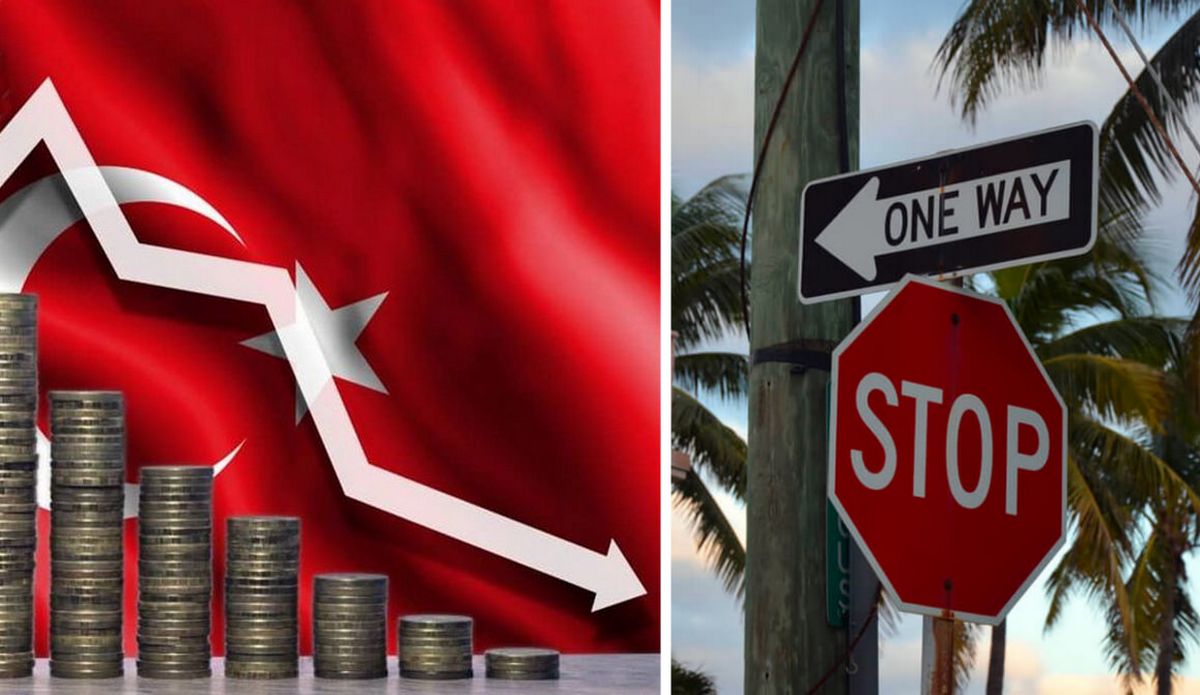Turmoil in tourism, in particular scandals between tour operators and hotels, and even the disclosure of commercial secrets – such consequences are expected in Turkish tourism from the entry into force of the new law with the collection of accommodation tax from tourists. Losses to the tourism sector can reach 20% or higher, they add. As a result, a wave of protest against the new law is rising in Turkey, and business has no hope of proving that this measure is unprofitable and dangerous, and persuading the state to once again postpone the date of introduction of this tax from January 1, 2023, for at least another year.
Thus, the president of the Federation of Hoteliers of Turkey (TÜROFED), Sururi Çorabatir, said that the accommodation tax, which will be collected from the turnover of 2% of the accommodation cost of each tourist, will negatively affect the profitability by 20%. The market is confident that the law should be postponed for another year, the expert told the Turkish tourism media. “First, we signed contracts with tour operators for 2023. We can’t receive taxable prices from tour operators after the conclusion of the contracts. The situation is becoming deadlocked: if we demand additional payment from the customer, we will have problems,” the expert said. He also emphasized that since the housing tax will be collected directly from turnover, taking into account the increase in costs, it will negatively affect profitability by at least 20%.
The expert warned of another risk factor — competition. “We are closely watched by competing countries – and competitors will use this tax issue against us,” he emphasized, adding that even Europeans “will not understand” the new tax, even though it has been introduced in many European tourist cities. “If an EU citizen has to pay 102 instead of 100 dollars for a number, there will be confusion,” he assured.
The president of the Association of Travel Agencies of Turkey, Firuz Baglykaya, also said there would be a price dispute between tour operators and hotels. “Contracts between tour operators and hotels for 2023 have been concluded. The introduction at the beginning of 2023 may cause price disputes between tour operators and hotels, and this will create an additional burden on our industry,” the expert said.
He also noted the fact that the known tax amount of 2% of the cost of living carries another risk. “This will ensure that everyone knows the price, which should be kept secret between the travel agency and the hotel. Agreements between commercial partners will become open to the public, which could have an outcome that undermines consumer confidence in our sector.” As a result, the tourist community demands that this law be postponed again for a year.

